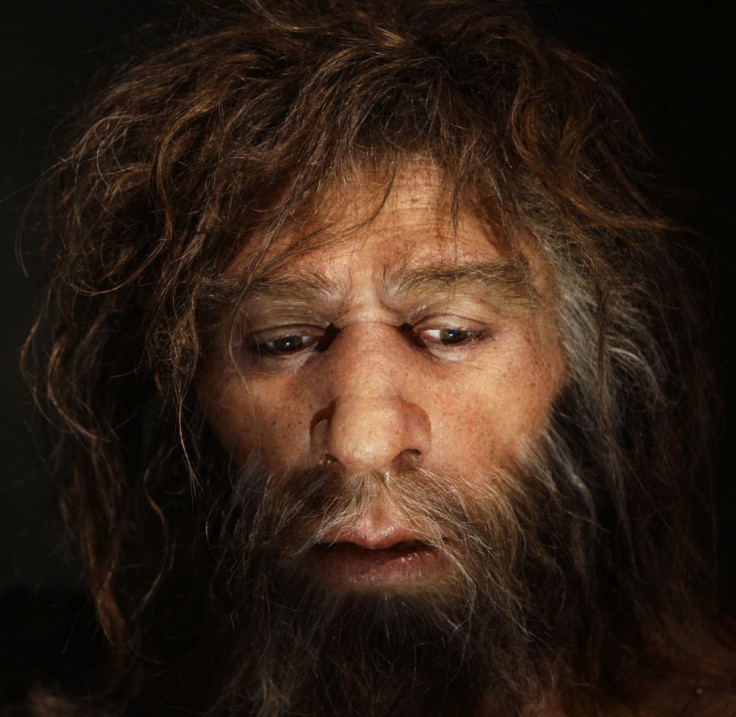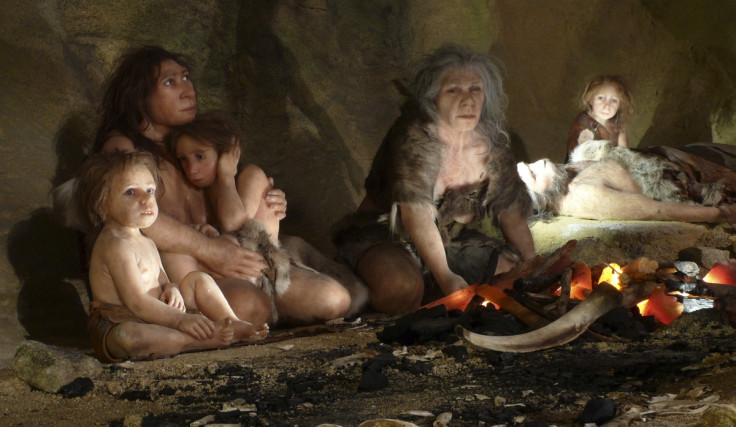Neanderthal extinction driven by cultural level of modern humans

Neanderthals were driven to extinction by competition with modern humans – with the latter's "higher culture level" giving them a competitive edge that pushed the species to extinction. Researchers say their findings support the idea that humans wiped out Neanderthals rather than climate change or epidemics, as has previously been claimed by some scientists.
Neanderthals became extinct in Europe around 40,000 years ago. They are believed to have lived alongside humans for up to 5,000 years, although exact dates are uncertain. Evidence suggests the two species interbred and interacted during this time. However, Neanderthals would eventually be wiped out and there are a number of theories about what caused their disappearance.
One line of thinking is that modern humans were not the driving factor, and the Neanderthal inability to adapt to climate change drove them to extinction. Some scientists say that during the last Ice Age, they were less able to hunt than modern humans, ultimately causing their decline. Another idea is that they were killed off by pathogens introduced by the first modern humans.
A third option, however, suggests humans directly killed off the Neanderthals. Violence akin to genocide has been proposed, while others have said humans possessing a slight competitive edge would have been enough to trigger the Neanderthal's downfall.
Researchers from Stanford University and Tokyo's Meiji University say they have found evidence of a casual role of competition in the extinction of the Neanderthals. Publishing their findings in the journal, Proceedings of the National Academy of Sciences (PNAS), the team suggested a model for how humans would have outcompeted Neanderthals because they were more advanced culturally.

The team used a model of interspecies competition that includes differences in the two groups's level of cultural development. Their model showed how a small human population would easily and completely displace a larger Neanderthal population as long as they had a big enough cultural advantage. This was found to be a linear relationship – the more cultural advancements, the bigger the population they could displace.
"It is likely that Neanderthals went extinct and were replaced by modern humans due to interspecific competition for overlapping resources," the authors wrote. "Modern humans are believed to have gradually expanded their range into areas inhabited by Neanderthals (and other archaic humans) by a process of iterative propagule formation."
The scientists say that while their theory is based on a number of assumptions, so has its limitations, the findings clearly showed human replacement by Neanderthals was assured through the large advantage human learning ability provided. Just this small difference would have been enough to "drive the replacement process". Once the process had started, it was a self-perpetuating ricochet where the Neanderthals did not stand a chance.
"Our findings shed light on the disappearance of the Neanderthals, showing that endogenous factors such as relative culture level, rather than such extrinsic factors as epidemics or climate change, could have caused the eventual exclusion of a comparatively larger population by an initially smaller one," they wrote.
© Copyright IBTimes 2025. All rights reserved.






















